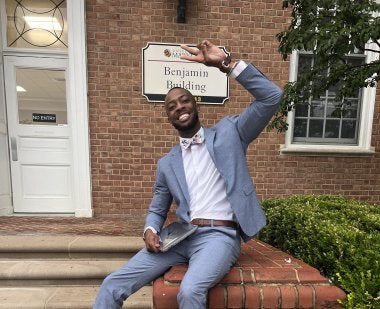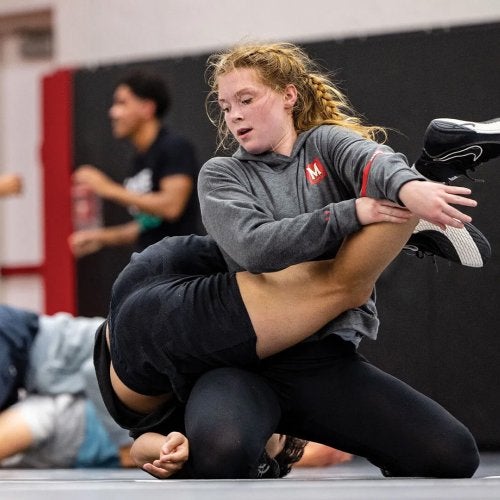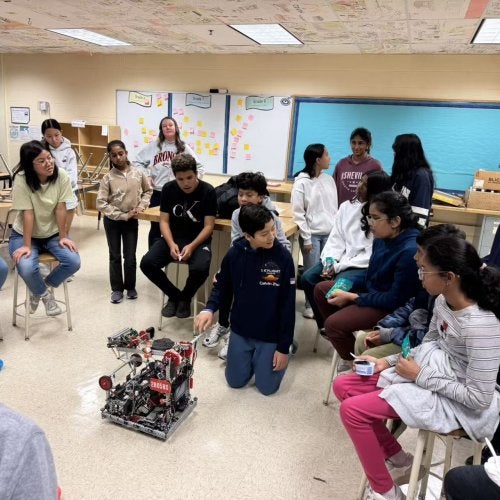
In February 2020, one of the international athletes I was advising through UMD’s student-athlete career development program told me she could not apply to a job because it was not aligned with her major. When I looked at her in confusion, she politely explained, “It’s called OPT.” I had no clue what OPT meant, let alone what it stood for.
Two weeks later, I attended a program on campus with that same student on what international students needed to know to find a job. During the first 10 minutes, I learned that OPT, or Optional Practical Training, requires international students on an F-1 visa who want to work in the United States to secure employment in an industry directly related to their academic degree. At the end of the session, I told the student that I would do everything I could to ensure she could live and work in the United States for as long as she wanted–and that’s exactly what we did.
But this was more than just a happy ending. For me, this experience illuminated discriminatory practices in international athlete recruitment, injustices in athlete academic advising and inequities in athlete career development outcomes.
I was scheduled to begin my doctoral program in student affairs at UMD in Fall 2020, but I knew that focusing on higher education alone would not fix systems that are broken by design. I also needed to be an entrepreneur to work outside the systems. And so my educator-entrepreneur journey began.
Under the mentorship of Assistant Clinical Professor Taylor Woodman (whom I affectionately call “T Dub”) and Dean Kimberly Griffin, I found my purpose. As a sports entrepreneur, I am committed to solving structural and systemic issues related to international athlete development–including, but not limited, to recruitment, retention and career readiness. I am also keenly interested in leveraging sport for economic, societal and education development in African countries. As a consultant, I currently teach National Collegiate Athletic Association administrators how to better understand sport as a medium for building a global mindset, international partnerships and cultural exchange.
Since starting my doctoral program, I’ve accomplished many things, including serving as one of 25 Black American entrepreneurs in the U.S. Department of State’s inaugural African Descendant Social Entrepreneurship Workshop and as a sports diplomat through the department’s Play Like a Woman initiative to combat gender inequalities in Brazil through promoting women’s football. I am at a stage in my life where I feel like I can conquer anything and everything. Without the College of Education, I would not be prepared to thrive in a career in entrepreneurship and sports diplomacy. In particular, T Dub’s courage and humility have created a healthy environment for me to translate my imagination into innovation.
I will be a full-time consultant and represent the United States in global sport and international education. And I will also proudly represent the College of Education along the way.


